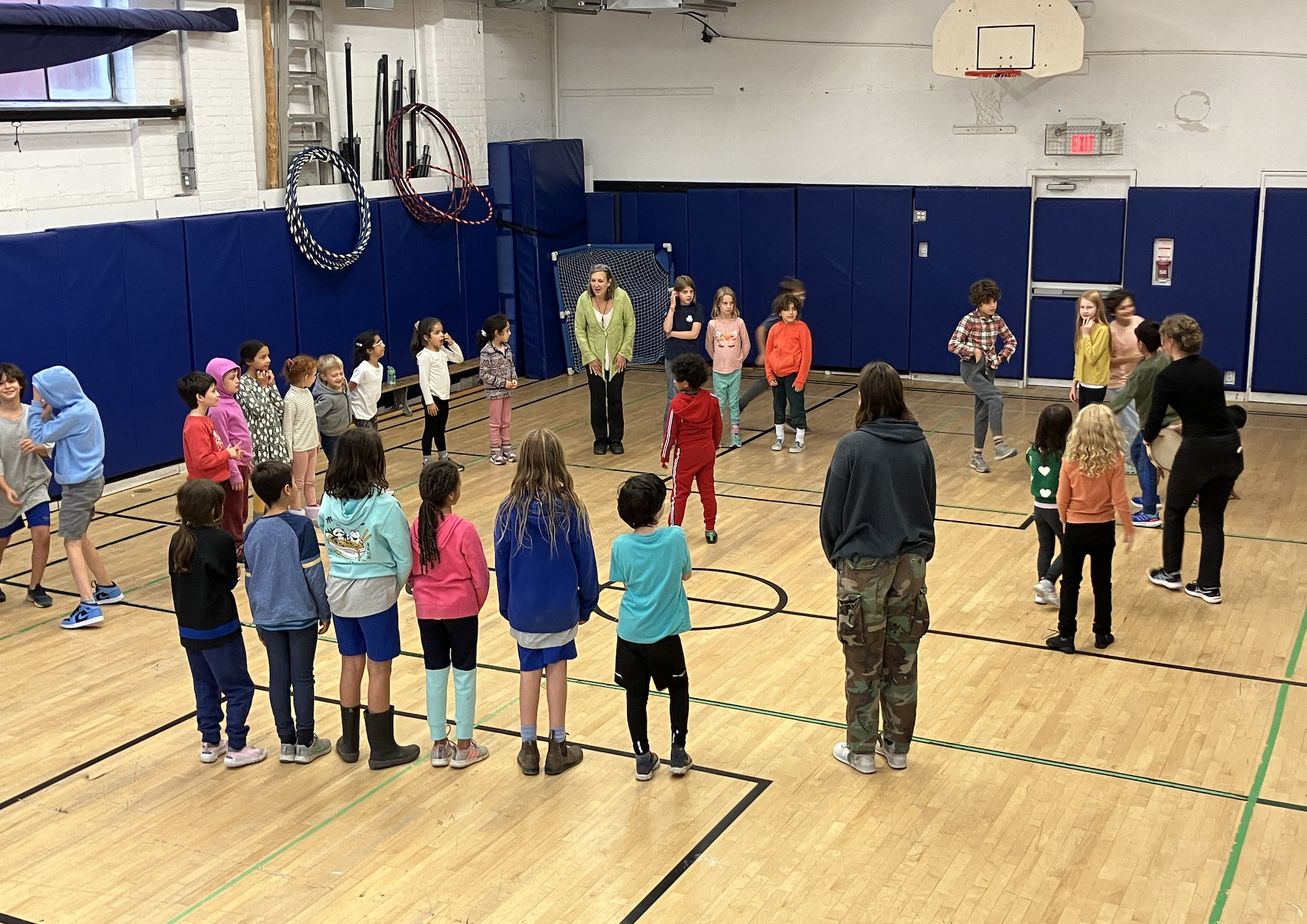Why Waldorf Academy
Waldorf Academy is unique among your educational choices in Toronto. Our classes involve active learning with singing, movement and reciting poems woven into the daily rhythm of each class. This enriches learning and personal growth as these activities engage students on multiple levels—emotionally, intellectually, and physically—while fostering a sense of community and harmony.
As with all Waldorf schools, Waldorf Academy minimizes the use of technology to allow children to engage more deeply with their learning experiences and the world around them. In a low-technology environment, students develop critical thinking, creativity, and interpersonal skills through hands-on activities, artistic expression, and real-world problem-solving. We give our students the time and space to develop a strong sense of self, helping them build meaningful connections with their peers and teachers. By prioritizing human interaction and experiential learning to the world around us, Waldorf Academy nurtures our students' innate curiosity and helps them develop a strong foundation to take ownership of their learning.
“By the time they reach us at the college and university level, Waldorf students are grounded broadly and deeply and have a remarkable enthusiasm for learning. Such students possess the eye of the discoverer, and the compassionate heart of the reformer which, when joined to a task, can change the planet.”
Waldorf education, established by Rudolf Steiner in the early 20th century, is built on a deep understanding of how children grow and develop. It lovingly supports students from 18 months to Grade 8 graduation, is part of the fastest-growing independent school movement worldwide, with over 2,000 schools across more than seventy countries.
Academic Depth & Intellectual Development
Our interdisciplinary approach helps children connect and deepen their learning, making the curriculum meaningful and fostering a lifelong love of learning. It aligns with developmental stages: younger children engage in storytelling and imaginative play, while older students focus on abstract and analytical thinking.
Emotional Intelligence
Waldorf education emphasizes emotional intelligence (EQ) by providing rich emotional and cognitive experiences. Students learn to recognize and express their own feelings, respect others' emotions, and build self-regulation and executive functioning through various activities. By fostering self-esteem and self-reflection, Waldorf prepares students for lifelong challenges with strong emotional intelligence and lasting self-worth.
Resilience & Grit
At Waldorf Academy, we embrace hands-on, experiential learning that encourages curiosity, risk-taking, and resilience. We empower children to explore, make mistakes, and find joy in their achievements.
Agency & Creativity
An emphasis on engaging creativity in problem solving enhances a child’s ability to think independently and critically. Our students receive a classic, academic education, but enhance it with journaling, illustration and practical projects. Being active and engaged while learning connects the two hemispheres of the brain, and allows for deeper learning and longer retention, instilling a life-long love of learning and joy in coming to school.









